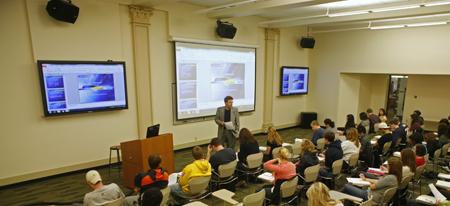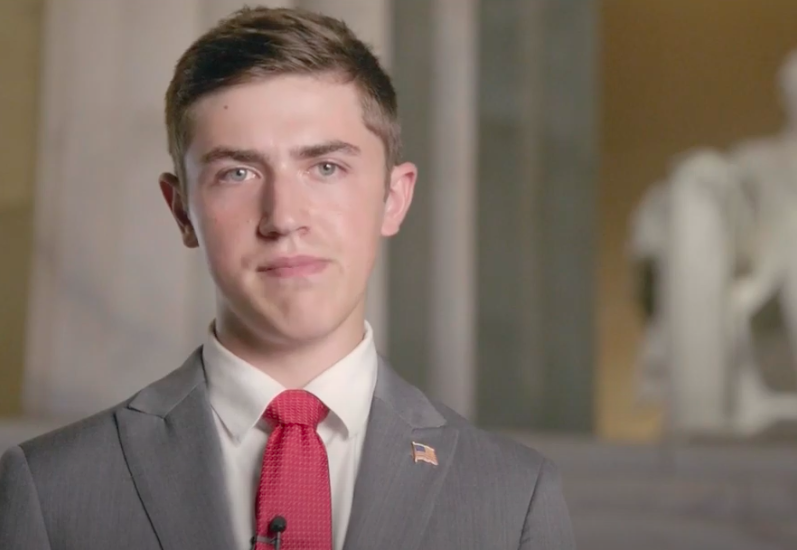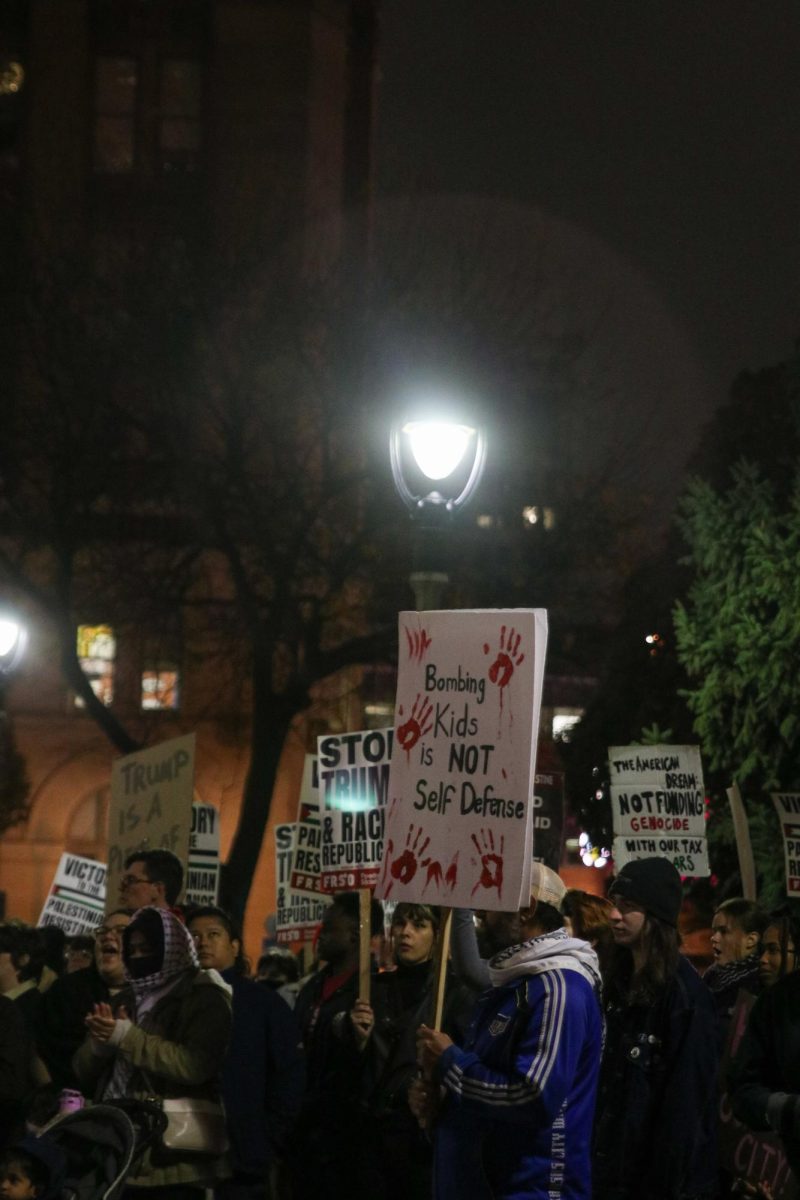Modern political news coverage has become eerily similar to entertainment media. Politicians’ personal scandals are followed as closely as those of reality TV stars, and poll standings are updated more frequently than sports scores. Though this obsession is probably better for our country than political apathy, our attention has become more focused on the race itself than what will come after the finish line is crossed.
The two party system pits Democrats against Republicans in an epic battle for public support. Obviously, in order to gain the support of one side, politicians must distance themselves from the other. But this distance widens the political spectrum, shifting ideology toward extremes and away from the middle.
The result is two radical thinking parties that adamantly oppose each other on every conceivable issue. Strangely enough, we accept these two sides as our only options without giving ample consideration to their origins.
It is naïve to think that two parties could accurately reflect the unique beliefs of each individual voter. Political issues are complex with both sides usually having compelling arguments, but with such a multitude of issues there is an infinite number of possible combinations of opinions for any one citizen to have.
Unable to develop a system complex enough to represent all of these ideologies, we have compromised and set up a simpler structure. So, it should not be shocking that blanket terms like “Democrat” and “Republican” don’t accurately label most individuals. Do we really think humans are genetically predisposed to one of two possible ways of thinking? Of course not. But still we are expected to classify our opinions under one of these available umbrella ideologies.
The origins of our current bipartisan system take root in the early political competition between America’s founding fathers. Primitive parties first emerged in the U.S. during the late 1700s. The Federalists sided with Alexander Hamilton in their rigid interpretation and preservation of the original constitution, while The Democratic-Republicans sided with Thomas Jefferson and James Madison, believing periodic constitutional amendments were needed to update government according to societal development.
The two parties chose opposing sides on each divisive new issue that arose, often with party contradiction being the only justification for their stances. Parties grew to oppose each other out of competitive rivalry rather than ideological differences. Ironically enough, Madison’s fears of the dangers of political factions were coming true as a result of a faction that he unintentionally helped create.
It would seem that after 200 years, we would’ve corrected this obviously flawed party system, but sadly we aren’t even close. In fact, two party politics has become so engrained in our culture that we have started basing our personal beliefs on party stances, instead of the other way around.
Overwhelming statistical evidence proves that the vast majority of Americans stand closer to the middle of the political spectrum than to either extreme. Still, we adjust our inherently moderate beliefs to fit more closely with the extreme opinions that political media outlets broadcast. People who passionately side with a certain party on one specific issue often feel obligated to side with that party on all issues.
Similarly, political leaders are forced to align with party opinions in order to gain support from the public. If Americans truly are moderate, it would seem that a moderate presidential candidate could win the general election by attracting voters from both parties. However, logistical roadblocks prevent moderate candidates from ever having that chance.
In order to run for president in our bipartisan system, candidates must first compete with other candidates from their own party to win the party nomination. But candidates who are too moderate will be seen as disloyal party members, or “flip-floppers” who switch between liberal and conservative stances. Thus, only politicians who adopt radical party beliefs can win the nomination and subsequently, the general election.
Once these radical politicians are inevitably elected, the public again becomes more polarized and the whole vicious cycle starts again.
Unfortunately, this cycle shows no signs of slowing. If anything, polarization within American politics is actually increasing and the implications of this political extremism on our nation’s future could be detrimental.
There is no easy fix for our long-broken system. Our only hope is to do everything in our power to remain independent from it. We must seek out unbiased facts and form our own opinions. We can’t conform to the neatly constructed ideological template we are expected to follow.
The sheer gravity of the potential outcome of the presidential election will always create tension between opposing sides. Nonetheless, we are all being represented and must maintain the ability to unite and come together once the election is over. Regardless of the outcome, once that fight ends, we are all on the same team.







